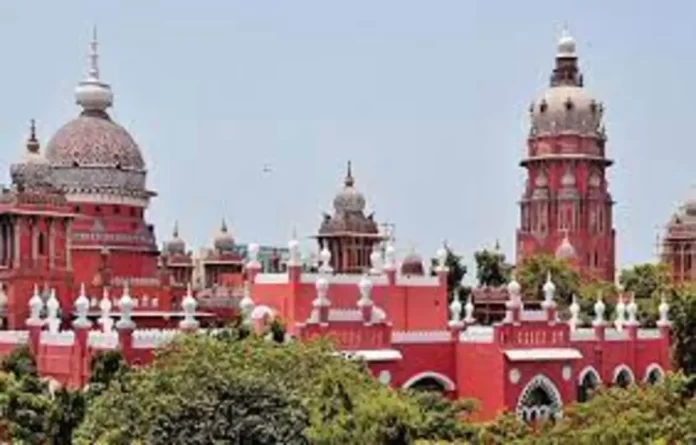The Supreme Court recently sought a report from the Registrar General of the Madras High Court about how the court went about its suo motu proceedings to restore a corruption case against Tamil Nadu Minister KKSSR Ramachandran.
A bench comprising Justice Hrishikesh Roy and Justice Prashant Kumar Mishra asked the High Court Registrar General to file the report by February 5.
The top court added that the report has to specify the jurisdiction of single-judge Justice Anand Venkatesh who had passed a series of suo motu revision orders to restore corruption cases against six sitting and former Tamil Nadu ministers including KKSSR Ramachandran.
The Supreme Court has also directed the Madras High Court’s Registrar General to clarify whether the prior approval of the High Court’s Chief Justice was obtained before exercising such suo motu jurisdiction.
The issue arose in August last year, after the Madras High Court, initiated a suo motu revision proceedings to question the correctness of special court orders that had discharged two Tamil Nadu ministers in a disproportionate assets case.
Justice N Anand Venkatesh issued notice to the accused Ministers namely State Minister for Revenue and Disaster Management KKSSR Ramachandran and the Minister for Human Resource Management Thangam Thenarasu, adding that both the accused and prosecution played a perfect game.
Reportedly, the two ministers were discharged from disproportionate asset cases in July 2023 and December 2022 respectively. Following, Ramachandran and his wife lodged an appeal before the Supreme Court challenging Justice Venkatesh’s order.
Notably, in September 2023, Justice Venkatesh was transferred from the principal bench at Chennai to the Madurai bench of the High Court.
Earlier on December 20, 2011, the Directorate of Vigilance and Anti-Corruption (DVAC) had initially registered a case against Ramachandran, his wife and a close aide of the Minister under the Prevention of Corruption Act (PC Act). It asserted that the minister, his wife and close aide were in possession of Rs 44.59 lakh disproportionate to their known sources of income during the period between April 1, 2006, and March 31, 2010.


